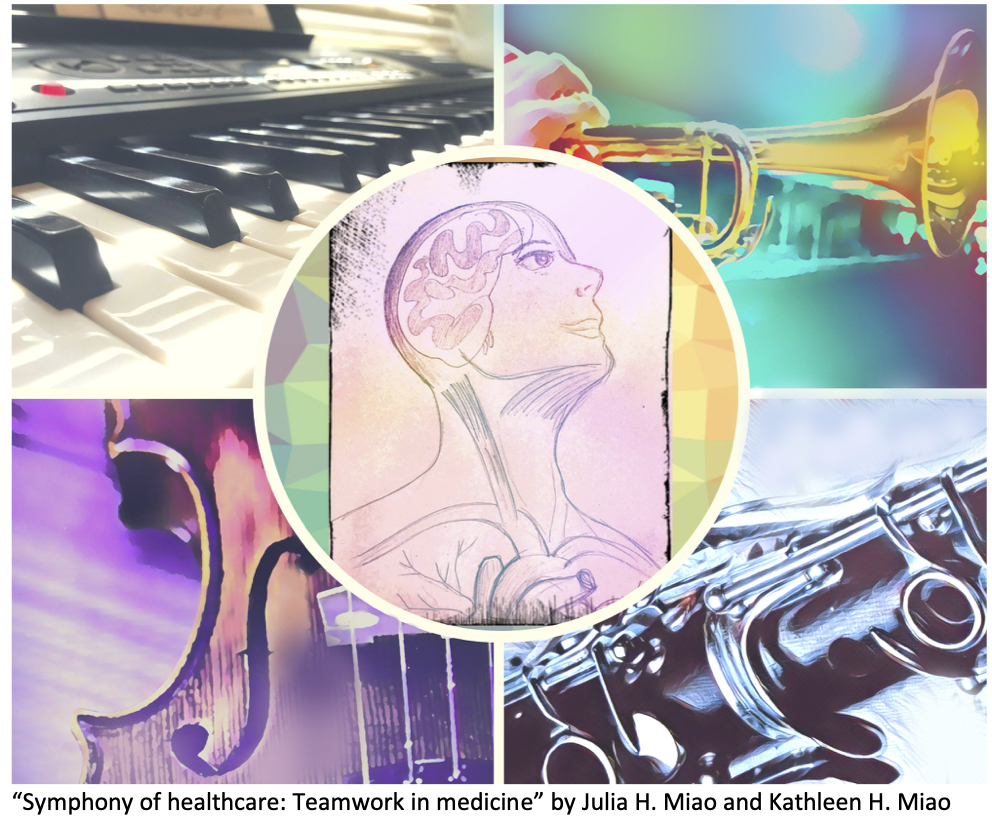Residents’ perspectives: Does the Saudi general surgery residency training program apply CanMEDS competencies and prepare future leaders?
DOI:
https://doi.org/10.36834/cmej.68488Abstract
Background: This study investigates leadership skills and Canadian Medical Education Directives for Specialists (CanMEDS) competencies acquisition within the General Surgery Residency Training Program (GSRTP). The Saudi Commission for Health Specialties (SCFHS) incorporates the CanMEDS Competency Framework into its curriculum to prepare the resident for healthcare needs.
Methods: This is a descriptive-analytical study. A questionnaire was used to collect data from 117 General Surgery residents (GS) at seven institutes in Jeddah, Saudi Arabia.
Results: The GS residents reported an acceptable self-perceived level of Clinical Leadership Skills (mean ± standard deviation). The most dominant skill was working with others (1.98 ± 1.03), followed by demonstrating personal qualities (2.07 ± 0.88), the ability to manage services (2.21 ± 1.37), improving services (2.22 ± 1.84) and last, setting directions (2.39 ± 0.95). Regarding the CanMEDS competencies, the respondents showed a generally positive perception with an “agree” level (Mean = 1.83). Of the CanMEDS competency roles, Collaborator ranked first followed by Professional and then Communicator. Leader competency ranked fourth followed by Health Advocate, Medical Expert and last, Scholar.
Conclusion: The GSRTP residents showed satisfactory self-assessed clinical leadership skills and acquirement of the CanMEDS competencies during their training, which will prepare them to lead in the future.
Downloads
Downloads
Published
How to Cite
Issue
Section
License
Submission of an original manuscript to the Canadian Medical Education Journal will be taken to mean that it represents original work not previously published, that it is not being considered elsewhere for publication. If accepted for publication, it will be published online and it will not be published elsewhere in the same form, for commercial purposes, in any language, without the consent of the publisher.
Authors who publish in the Canadian Medical Education Journal agree to release their articles under the Creative Commons Attribution-Noncommercial-No Derivative Works 4.0 Canada Licence. This licence allows anyone to copy and distribute the article for non-commercial purposes provided that appropriate attribution is given. For details of the rights an author grants users of their work, please see the licence summary and the full licence.










